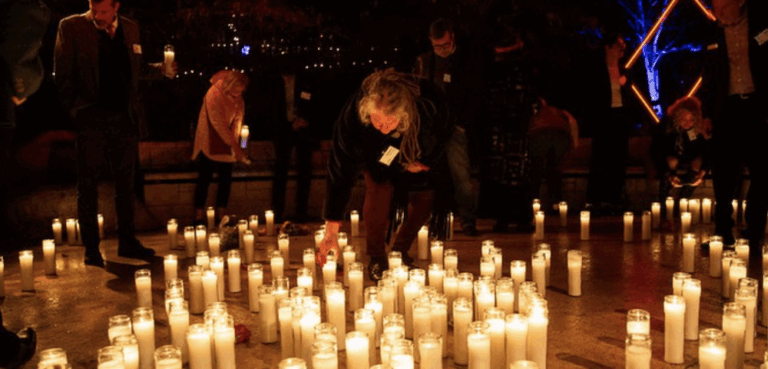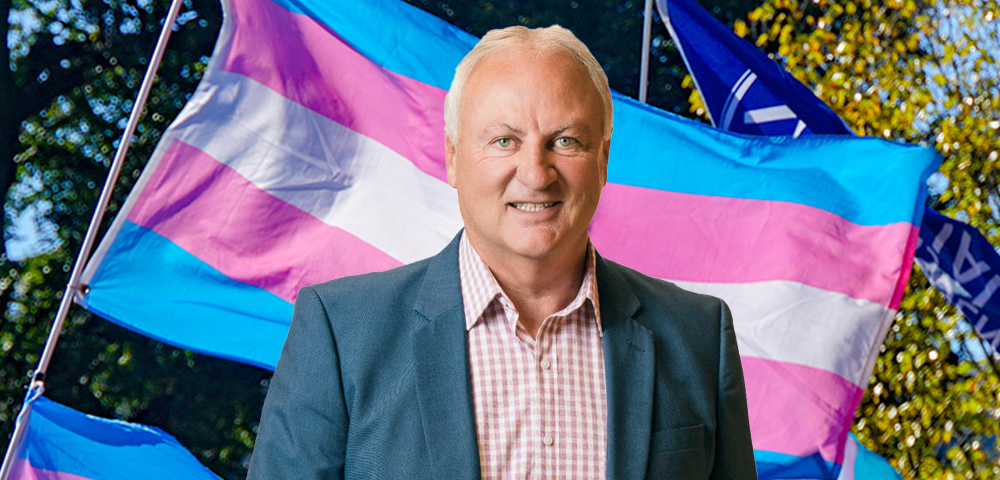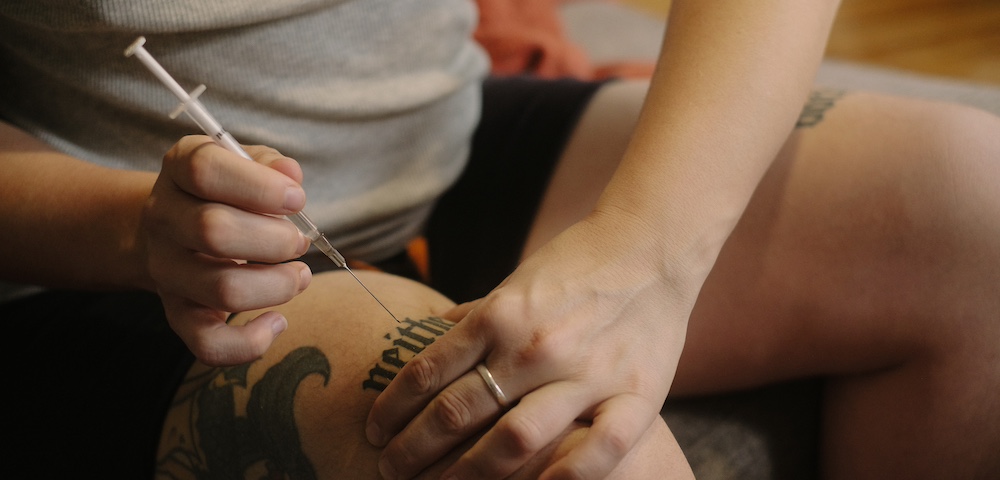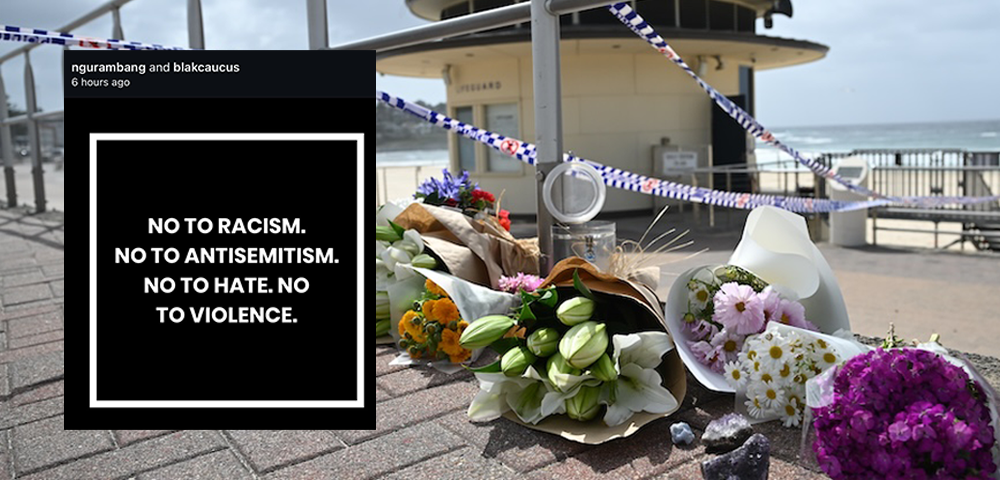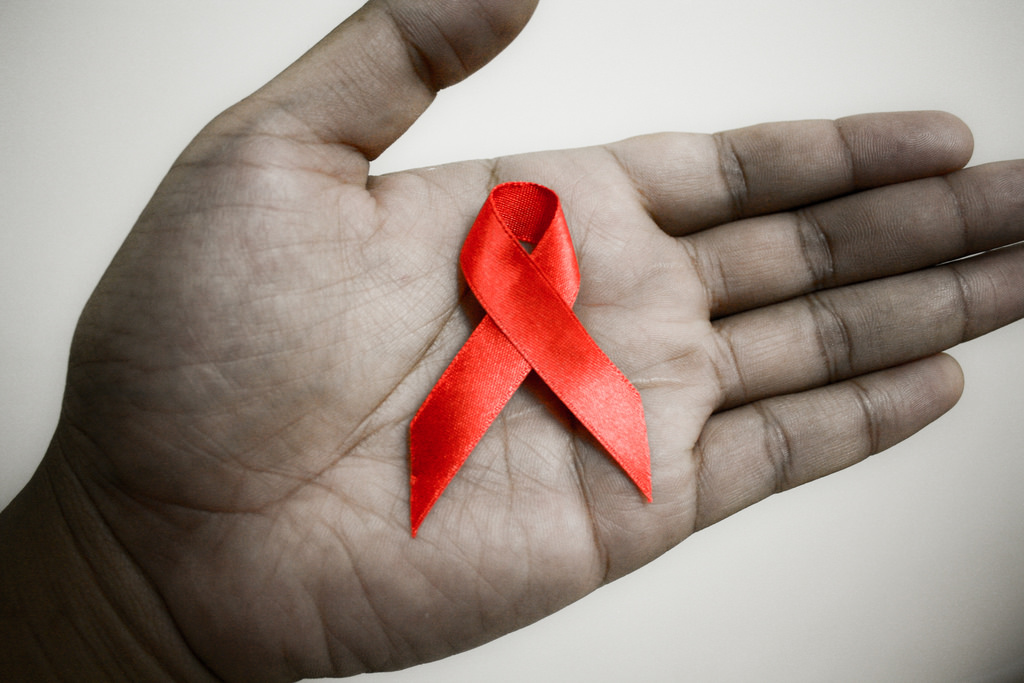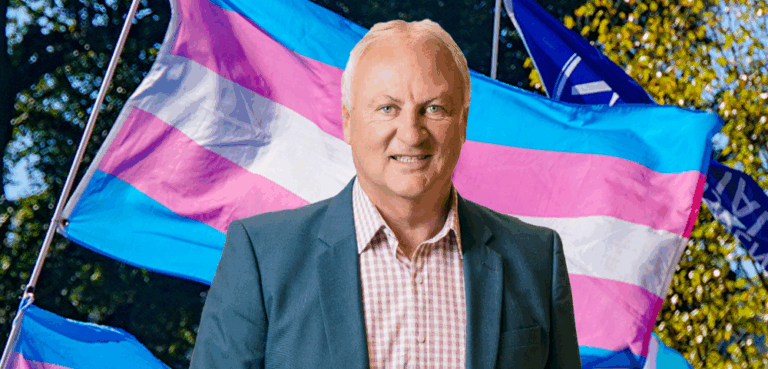
Growing old with HIV in Australia

The experience of living with HIV for older people can be very different to that of a younger person diagnosed today.
HIV Health Promotion Officer at ACON, Neil McKellar-Stewart, says the stigma and discrimination surrounding HIV during the AIDS crisis caused trauma for a lot of people, a trauma that many continue to carry with them today.
“Fortunately it’s changed a lot now, there are more people living openly with both their sexual orientation and HIV status so we’re in a totally different ball game,” he said.
“But I think it’s important not to minimise or discount the experience of older people living with HIV and to make sure their voices are still heard in the current discourse around the virus.”
ACON is invested in ensuring the issues faced by older people living with HIV are addressed in the wider community, from stigma, discrimination, and health care, to provision of sensitive and informed services.
McKellar-Stewart believes there’s a greater general understanding of care for older people living with HIV than there has been in recent decades, however he still comes across people within the broader community that are less than sensitive about the issue which is an area that requires ongoing work. Continuing education in the health and aged care workforce is essential.
From a health perspective, ageing with HIV can also increase the risk of a number of health issues including cardiovascular disease, some cancers and mild cognitive impairment.
McKellar-Stewart says the best thing older people living with HIV can do to stay healthy is be proactive in pursuing the best medical care and staying on their HIV and other treatments.
“Getting involved in your community will contribute to creating a strong and social connected network,” he said.
“Key actions in ageing healthily should include exercise, manage your stress, and sleeping well too.
“Laughter can be a great medicine. Humour and adopting a fun and playful attitude in the world can make a huge difference.”
When Adrian was diagnosed with HIV in 1995 he was told he only had three years to live.
Being part of a generation that was told they weren’t going to be alive now has caused significant trauma for Adrian and his peers.
It’s important to remember that some people living longer term with HIV are doing it tough. Many face financial hardship having had their employment disrupted and were given very short life expectancy then finding themselves in the position of treatment extending their lives well beyond that time. Some have found themselves trapped in a cycle of poverty unable to re-enter the workforce.
“I think there needs to be a differentiation between the experiences that us oldies have which is absolutely different to the current generation of people being diagnosed,” he said.
“There are still aged care providers and facilities that haven’t had much exposure to HIV and some myths like the ‘grim reaper’ are still around.
“Discrimination over the years has gotten better but has not gone away, and some perhaps haven’t been educated on the current realities of living with HIV.”
Neil and Adrian concur that older people with HIV are wanting information and assistance in planning for their needs as they age including choosing service providers that are non-judgemental and understanding of their needs. ACON’s Living Older and Visibly Engaged Project has developed a suite of factsheets on healthy ageing including Ageing and HIV and will be delivering wellness weekends to assist people living with HIV aged 50 plus to self-manage health needs.
Neil says ‘consumers having greater choice in selecting service providers is great but it can be overwhelming and in rural and regional areas the opposite may be the case where the options are limited’. ACON’s Care Coordination services assist people to navigate health and support services which is essential with the NDIS and aged care packages.
Social isolation can be felt by older people living with HIV. As a means of improving people’s social connectedness, ACON has a lunch and cafe service that sees roughly 50 older people living with HIV meet each Friday at ACON for lunch and company.
“The food is yummy but that’s not the most important thing – it’s to have a safe space where positive people can come together and find camaraderie,” he said.
“You can tell by the conversations that most people feel socially isolated and they appreciate the sense of a shared community.
For one-to-one peer support ACON’s Community Visitors Scheme links older LGBTI people with volunteers for social visits in their own homes or within aged care facilities.
“What ACON’s doing in terms of social support for older people living with HIV through things like the Friday lunch, the LOVE Project and Community Visitors Scheme is so important. Our elders living with HIV are valued members of our community.”
For more information on ACON’s ageing services, please visit: www.acon.org.au/what-we-are-here-for/ageing




